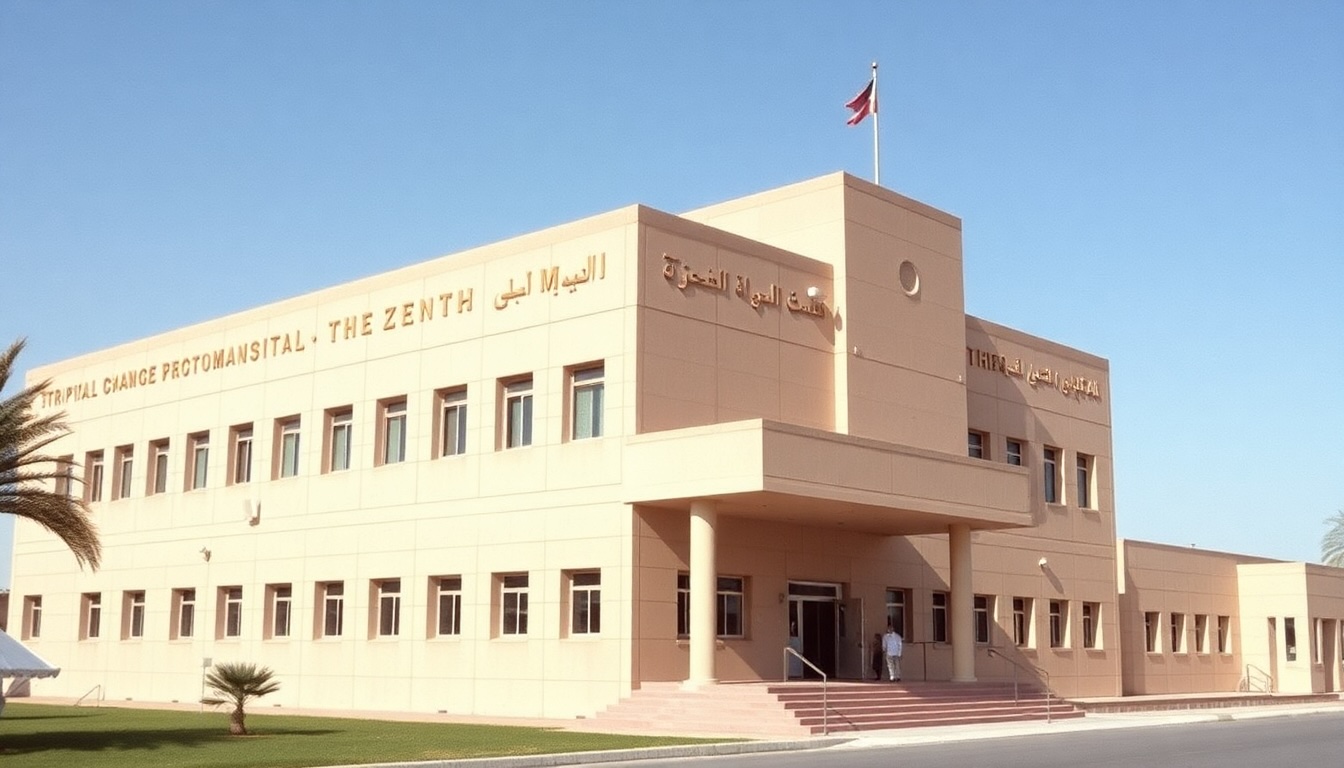Addressed to:
His Excellency The Minister of Public Health, Tripoli, Libya
Author:
Anthony Coady, M.B., Ch.B., M.R.C.P., D.T.M.& H.
Key Observations and Recommendations
1. Agreement with WHO Report
- Generally aligns with WHO’s previous year report
- Slight divergence: curative and preventive medicine are not absolutely divergent
“Constructive curative medicine provides goodwill needed for preventive schemes”
2. Human Structures vs Physical Structures
- Priority should be given to staffing cadres over new hospital buildings
- British example: 50% hospitals >50 years old, yet functional
- Observed issues:
- Belda hospital showing neglect due to lack of human structures
- Nursing staff performing maintenance (“repainted one wall con le mie mani”)
3. Hospital Planning Concerns
- Warning against decentralized specialty hospitals in Benghazi
“Will be wasteful of human resources” - Recommendation:
- Build new wards within axis of existing Benghazi hospitals
- Consider prefabricated structures as interim solution
- Limit smaller towns to clinics only, improve metropolitan connections
4. Disease Management
- Opposes segregated sanatoria for TB/leprosy (contrary to WHO Madras findings)
- Recommends management within general hospitals + preventive domiciliary services
5. Organizational Priorities
- Critical needs:
- Trained hospital administrators (minimum 3 urgently needed)
- Records officers for workload analysis
- Delegated spending authority (current approval process too slow)
- Example failure: Belda unable to reorder proven disposable equipment
6. Recruitment Strategy
- Previous British recruitment campaign unsuccessful due to advertisement style
- Recommendations:
- Include Arabic language training (suggested resources: oil co. labs, University of Libya, Shemlan course)
- Expatriates should dedicate 1hr/day to training juniors
- Appended draft advertisements for various roles
7. Interdepartmental Coordination
- School medical service should focus on surveys/education rather than duplicate clinical services
- National Insurance Org. should specialize in industrial medicine/rehabilitation
- Urgent need for Physician in Rehabilitation with therapy team
8. Supporting Developments
- Encourage formation of Libyan Medical Association and its Journal
- Budget for training courses (in/outside Libya)
Addendum: Organizational Principles
Key Challenges
- Underutilization of skills → Demoralization
- Policy ambiguity between PR-focused care vs actual standards raising
- Bureaucratic delays in decision-making and purchases
Solutions Proposed
- Delegate authority to district hospitals (with auditor scrutiny)
- Create specialist working parties (e.g., pediatricians for child health)
- Establish permanent equipment purchasing committee
- Revised recruitment approach:
- Avoid “group contract signing” demands
- Consider personnel from Holland/Scandinavia
- US-trained lab techs for oversight roles
Appendices
Appendix A: Proposed Collaboration
Draft letter to UK Regional Hospital Boards seeking:
- Short-term specialist visits (6-8 weeks)
- Exchange programs for administrators/technicians
List of 15 UK Regional Hospital Boards with addresses
Appendix B: Draft Recruitment Advertisements
Targeted placements in specialist journals:
- Hospital administrators (The Hospital)
- Therapists (Occupational Therapy)
- Lab techs (Institute Gazette)
- Nurses (Nursing Mirror/Times)
Benefits highlighted:
- Salaries above NHS standards
- Moving/housing allowances
- Return fares for family
- English schools available
Closing:
“Heartfelt hope that success will attend Your Excellency’s endeavors in these challenging tasks.”
Libya Hospitals PDF by Dr Anthony Coady
Notes
The PDF does not explicitly state its creation date, but we can infer an approximate timeframe from contextual clues:
- Key Dating Evidence:
- Appendix B mentions a deadline for applications: “by XX/XX/1968”
- References to “recent” WHO reports from Madras (TB control studies published in the 1950s-60s)
- Terminology like “expatriate recruitment” aligns with Libya’s post-independence (1951) development phase
- Probable Timeframe:
- Late 1960s (likely 1967-1969), based on:
- The 1968 date in the draft advertisement
- Mention of prefabricated hospital structures (common in 1960s)
- UK’s National Health Service references (established 1948 but still evolving in 60s)
- Historical Context:
- Libya was a kingdom until 1969 (referred to as “Kingdom” in the text)
- Pre-oil boom healthcare development (oil discovered in 1959 but major infrastructure investments began in late 60s)
Conclusion: The report was most likely written between 1967-1969, with strong evidence pointing to 1968 as the probable year of creation.
The report mentions several hospitals in Libya during the author’s visit, primarily in Tripoli and Benghazi. Here are the specific hospitals referenced:
1. Existing Hospitals Mentioned:
- “Architecturally charming hospitals, some 30 years old, in both Tripoli and Benghazi”
- Likely referring to:
- Tripoli Central Hospital (one of the oldest in Libya)
- Benghazi Central Hospital (a major public hospital at the time)
- Belda Hospital
- Described as new but already showing neglect due to lack of administrative support.
- Example: A nursing sister had to repaint a wall herself (“con le mie mani” – Italian for “with my own hands”), but structural repairs were delayed due to bureaucracy.
2. New Hospitals Under Discussion:
- A newly constructed hospital in Belda (criticized for poor maintenance planning).
- Proposed specialty hospitals in Benghazi (orthopedics, pediatrics, etc.)
- The author strongly opposes this plan, calling it “wasteful of human resources” and recommends expanding existing hospitals instead.
3. Key Observations:
- Benghazi’s healthcare infrastructure was a focus, with concerns about:
- Duplication of services.
- Poor coordination between old and new facilities.
- Smaller coastal towns were advised to only build clinics, not full hospitals, due to limited population and specialist availability.
Conclusion:
The report emphasizes improving management and staffing (“human structures”) over constructing new buildings. The main hospitals discussed are:
- Tripoli Central Hospital
- Benghazi Central Hospital
- Belda Hospital (a newer but poorly maintained facility).
Would you like more details on any specific hospital mentioned?
